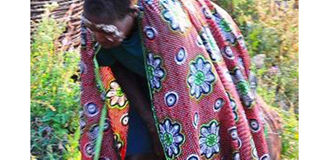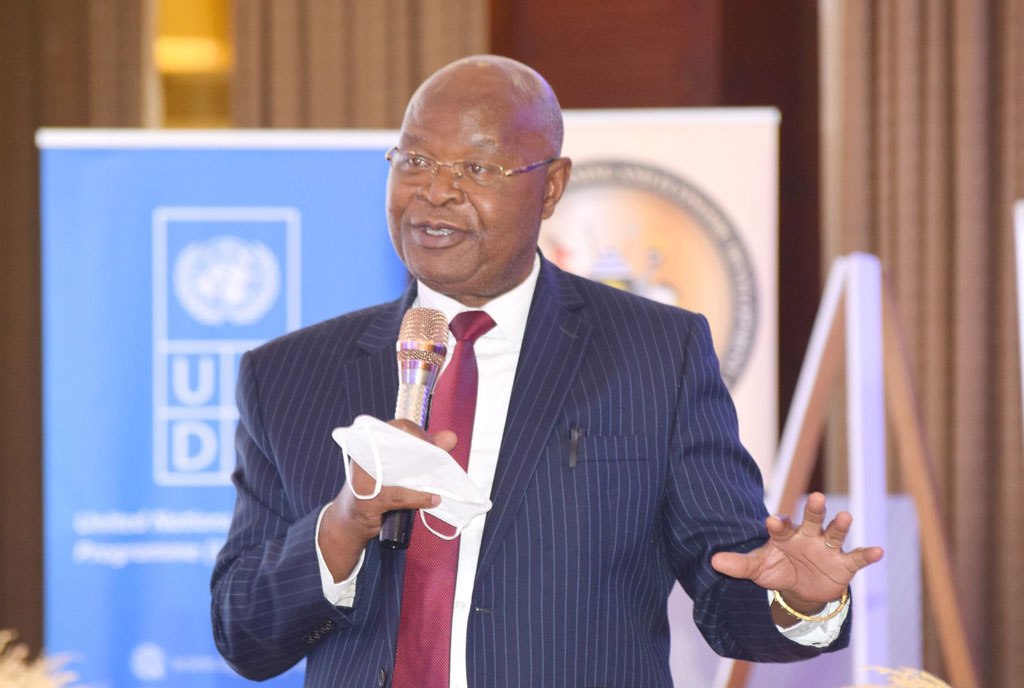FGM cases drop by 40%

A Sabiny girl walks in pain after undergoing Female Genital Mutilation. FGM, according to a report, is reducing. PHOTO BY STEVEN ARIONG
What you need to know:
The decline in the practice is attributed to rural-based approaches to Female Genital Mutilation.
The number of females who undergo genital mutilation among the Pokot and Sabiny tribes has reduced by 77 in two years, a report shows.
The 2012 report following a campaign against Female Genital Mutilation (FGM), indicates that cases dropped from 197 in 2010 to 120 in 2012 which is about 40 per cent.
FGM, which involves the partial or complete removal of the external female genitalia, are often performed on girls between seven and 14 years. The practice, outlawed by an Act of Parliament in 2010, is considered as a rite of passage into womanhood by its practitioners.
REACH Programme, a local organisation working towards wiping out FGM, published the report which also shows that 448 girls were saved from FGM in the Sabiny districts of Kapchorwa, Kween and Bukwo.
“The procedure itself sometimes leads to death, over-bleeding, barrenness and other impairments,” reads the report launched at the REACH Programme stakeholders meeting in Kampala on Saturday.
In Uganda, FGM is mainly practiced by the Sabiny, Pokot, Tapeth and Kadama in Karamoja sub-region and other migrant communities in other parts of East Africa.
Ms Beatrice Chelangat, the director general of the REACH Programme, said the decline in cases is a result of community-based approaches aimed at address the practice.
“We aim at eliminating the shameful, degrading and harmful practice of FGM and encourage useful cultural values of female initiation into adulthood,” she said.
Ms Chelangat appealed to President Museveni to expedite his Shs363 million pledge to fund women who formerly participated in FGM activities as one of the efforts to fight the vice.
Ms Dorah Byamukama, a member of the East African Legislative Assembly, appealed to the government to develop infrastructure to allow the dissemination of information against FGM to rural dwellers and the coming on board of all stakeholders.
NUMBERS
The number of girls who 448 were saved from FGM in the Kapchorwa, Kween and Bukwo districts.



